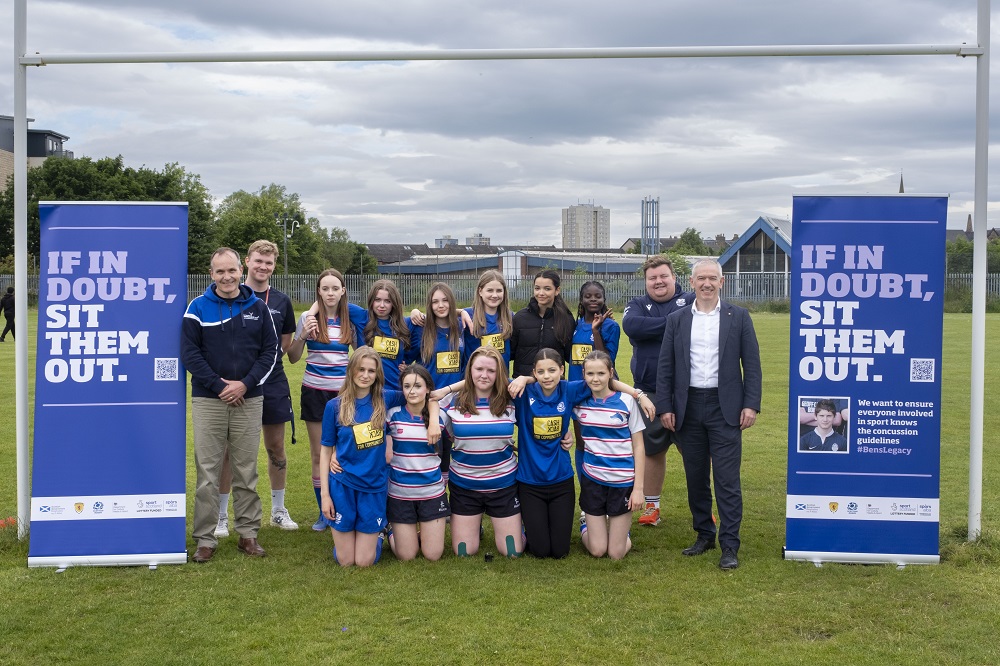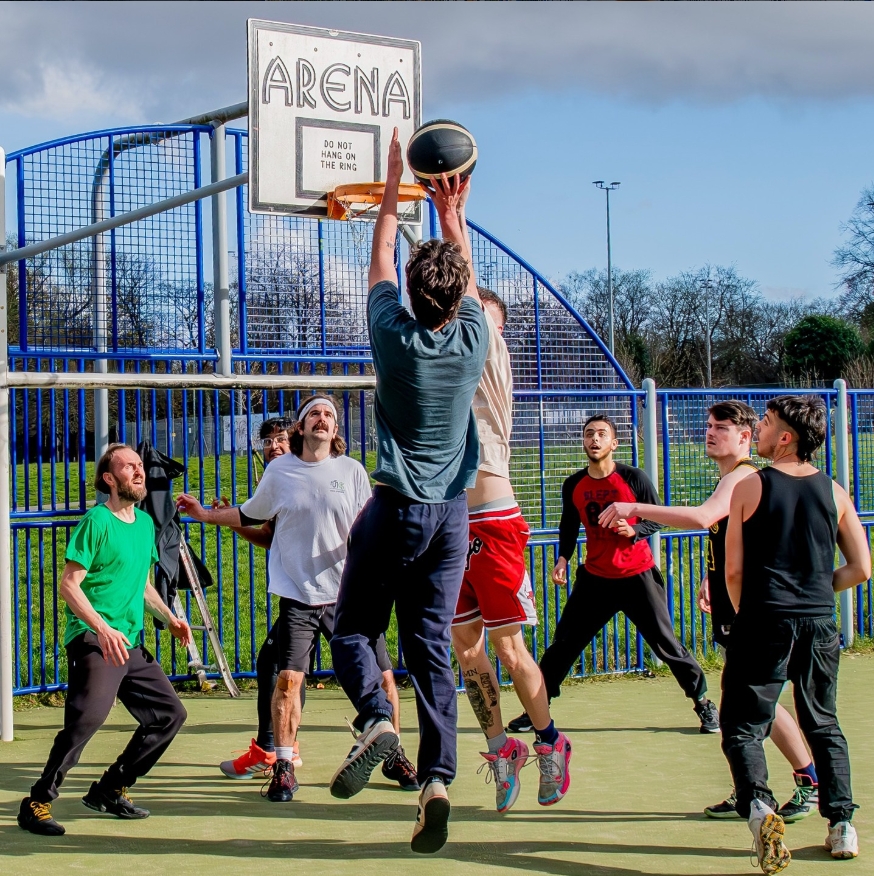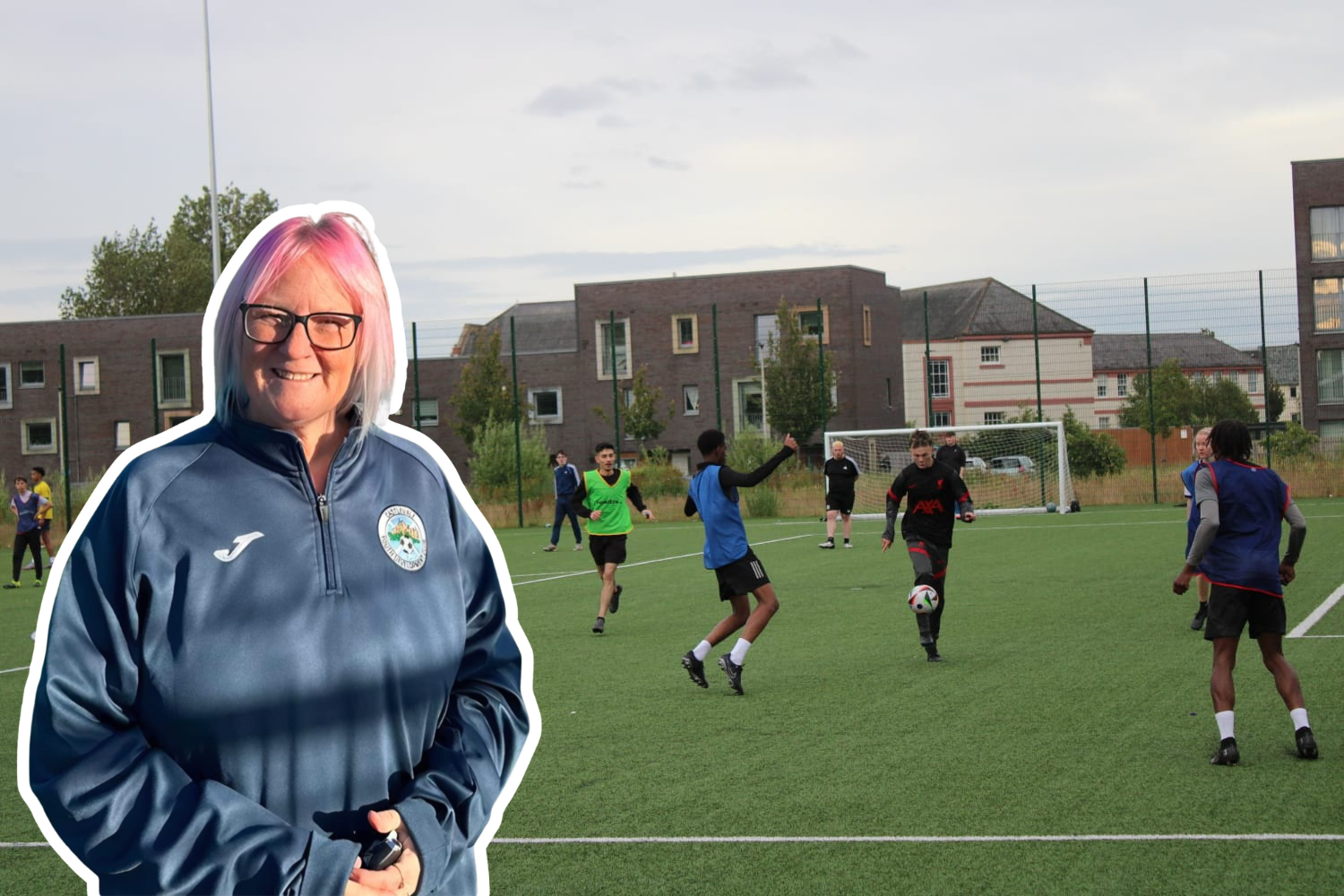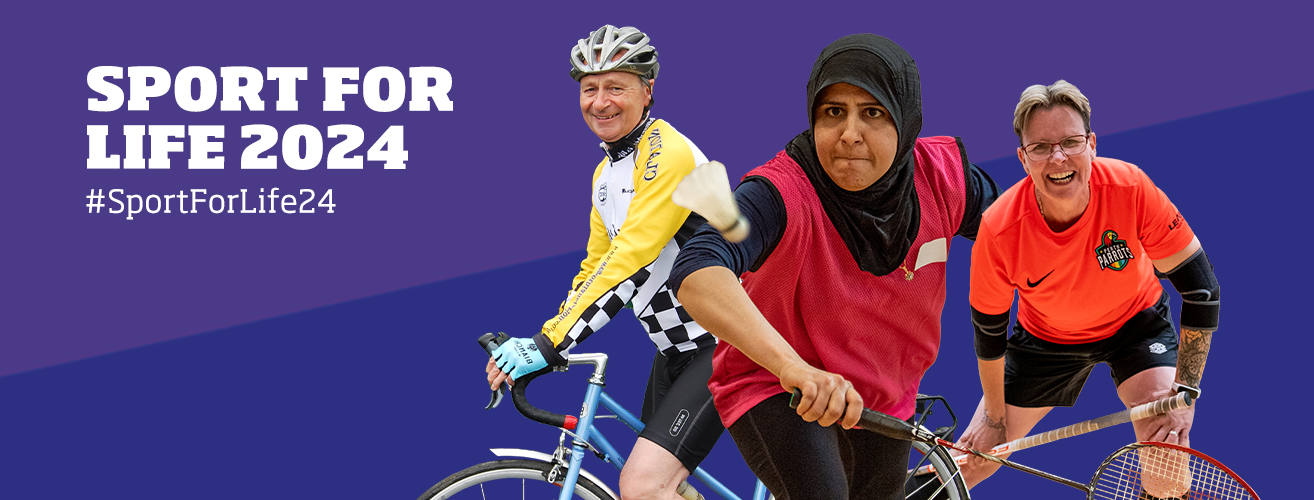The Scottish Sports Concussion Guidance has been updated, with key changes reflecting the latest research advances in sports concussion and its management.
The launch of the original national guidance in 2015 was a world first, bringing together medics, academics, sports, Scottish Government and sportscotland to produce a single set of advice for all sports. The new guidance, published today, details the latest recommendations for managing sports concussion in grassroots sports, from awareness of possible concussion symptoms through to the graduated return to activity and sport.
It is intended for the general public and for individuals participating in grassroots sports, where healthcare professionals are typically not available onsite to manage concussion injuries. The team of experts behind the guidelines includes representatives from Scottish Government, Scottish Rugby, Scottish Football Association, the universities of Edinburgh, Glasgow and Stirling and the sportscotland institute of sport.
Chief Medical Officer for Scotland, Professor Sir Gregor Smith said:
“It's important that everyone involved in sport, at any level, understands how to recognise sports concussion and what to do when they suspect it.
“This latest concussion guidance will help to ensure that those involved in grassroots sport in Scotland are best able to look after all participants.
“The message remains the same: all concussions are serious - if in doubt, sit them out.”
The headline updates to the guidance are:
• The previous graduated return to sport programme differentiated between adults and children/adolescents. The guidance is now the same for all ages.
• Participating in light physical activity has now been shown to have a positive effect on recovery after the initial 24-48 hour period of relative rest.
• All concussions should be managed individually, but there should be no return to competition before 21 days from the day of the injury.
• Anyone with symptoms after 28 days should seek medical advice from their GP.
Some studies have also now shown that female athletes may be more susceptible to concussion and may take longer to recover from concussion which should also be considered.
Chief Medical Officer for Scotland, Professor Sir Gregor Smith, and Head of Sports Medicine at the sportscotland institute of sport, Dr Niall Elliott MBE, recently visited Leith Academy in Edinburgh to launch the new guidance. They talked with players from the school’s girls’ rugby team about the risks of concussion and what to do if they suffer a suspected concussion or see a teammate or opponent who has.
Following the success of Scotland’s cross sport grassroots guidance, other nations are now adopting the ‘if in doubt, sit them out’ message. This includes the UK-wide guidance published last year and more recently in Australia and New Zealand.
This collaborative approach to sports concussion will help continue to highlight the importance of protecting sports participants should they suffer a concussion.
Sports-related concussion education in Scotland has also seen significant progress in recent years. A new e-learning module is being made available to bring the updated guidance to life in a learning environment.
Similar to the guidance, the module is designed for the general public and anyone involved in grassroots sports in any capacity, the online course takes around 30 minutes and will help to build a greater understanding of concussion across the country.
A new partnership, launched last year, between sportscotland, ConcussEd and the University of Edinburgh will mean that all first and fourth year PE teaching students at the Institute for Sport, Physical Education and Health Sciences (ISPEHS) at the University of Edinburgh will now be required to complete a mandatory concussion course as part of their degree.
With an estimated 50% of sports concussions going unreported, and young people aged between 10 and 19 most affected by sports concussion, upskilling PE teachers to give them the tools they need to identify and support students with concussion is a huge step forward.
Sessions were delivered by Dr Stephanie Adams, Founder of ConcussEd, and Dr Katy Stewart, Managing Director at the Hampden Sports Clinic, who are both educators contracted by sportscotland to deliver concussion education.
Head of Sports Medicine at the sportscotland institute of sport, Dr Niall Elliott, said:
“Our understanding of concussion continues to evolve. The latest guidance reflects the most recent advances in the area and is a significant landmark of the work being done in Scotland to raise awareness of the serious issue of concussion in sport.
“The safety and wellbeing of everyone who takes part in sport is paramount so we will continue to work with partners, in sport and beyond, to ensure that more and more people become confident in recognising and managing a concussion in sport.”
Find out more
The Scottish sports concussion guidance e-learning module is available for anyone to use and can be found here.
Further information on the Scottish sports concussion guidance can be found on the sportscotland website




